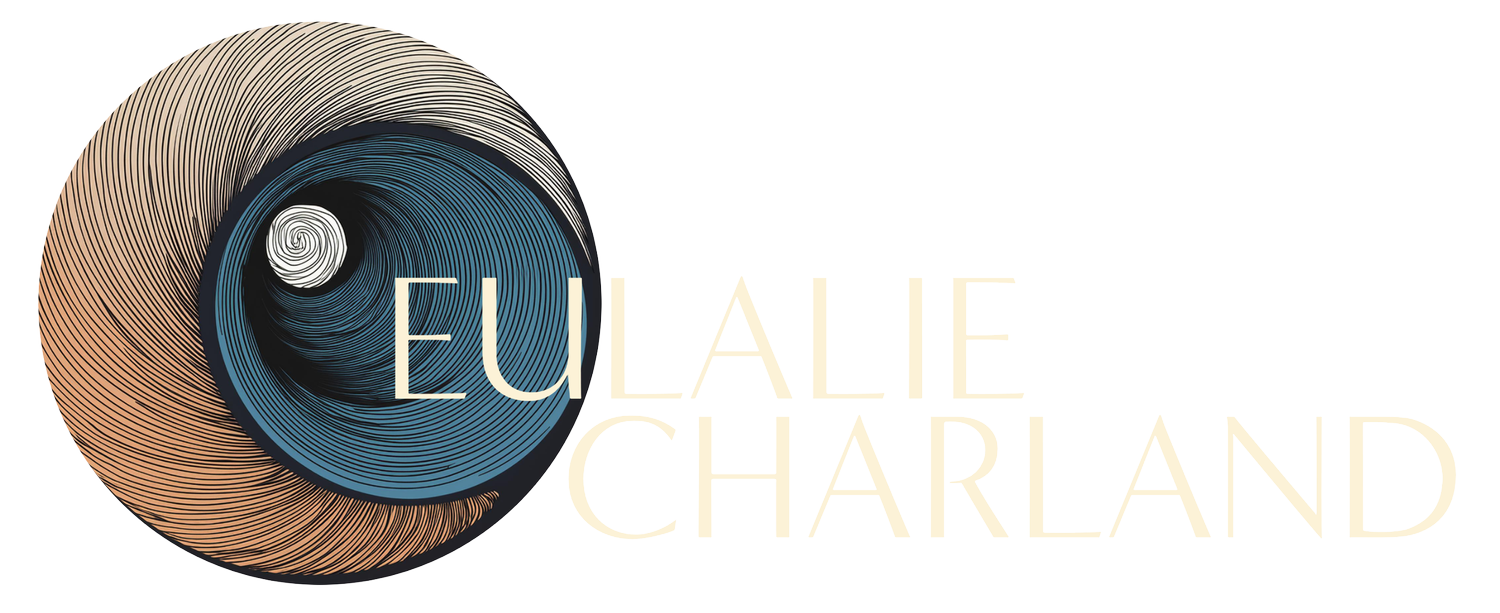Catching Myself in the Performance of Being Okay
I caught myself mid-sentence. My close friend had asked the simple question we hear dozens of times a week: “How are you?” And there I was, rattling off my day’s activities like a to-do list come to life. “Well, I went to the grocery store, had that meeting with my boss, picked up the kids…”
But as the words left my mouth, I recognised this old pattern. What was I actually doing here?
The Performance We Don’t Even Know We’re Giving
The truth was, I’d been carrying fatigue like a heavy coat all week. My mood had been sitting somewhere between grey and darker grey. But instead of saying that, I was performing productivity, as if being busy somehow answered the question of how I ‘was’.
In that moment of recognition, I realised I was falling back into an assumption about my friend: that he couldn’t handle my reality. That if I admitted to struggling, I’d sound needy, draining, like a burden he’d eventually want to distance himself from. So I offered him my schedule instead of my soul.
The Archaeology of Our Conditioning
This pattern didn’t emerge from nowhere. As a child, when I brought my struggles to the adults around me, they were often diminished or dismissed entirely. I learned early that my pain was inconvenient for others, that it made people uncomfortable, that it was better kept hidden. I never experienced the simple gift of being held in my struggle without someone trying to fix it, minimize it, or make it go away.
Even in adulthood, romantic partners would either leap into problem-solving mode the moment I expressed difficulty, or they’d create distance. Both responses taught me the same lesson: your pain is too much. Your struggle is not welcome here.
What I understand now is that energetically, their reactions made perfect sense. I was carrying such a deep need to be witnessed, to be held in my experience, that when I shared my struggles, it came with an unconscious undertone of ‘rescue me’. That energy, that unmet need projected outward, can feel overwhelming to others. It can push people away precisely when we most need them to come closer.
Learning to Be My Own Witness
But here’s what’s shifted: these days, I do my own rescuing. I’ve learned to be my own witness, my own source of compassion. I’m developing the capacity to hold space for wherever I am without immediate judgment or the need to fix it. I’m learning that acceptance doesn’t mean resignation—it means meeting reality as it is, not as I wish it were.
This internal shift changes everything about how I can show up in relationships. When my friend asks how I am now, I can tell the truth because I’m not unconsciously asking him to save me from it. I can share my struggles because I’ve already wrapped them in my own compassion. I can be authentic because I’m not desperate for his approval of my experience.
The Space That Opens When We Stop Performing
Something beautiful happens when I share from this grounded place: it creates genuine space for my friend to actually hold and witness me. When I’m not unconsciously grasping for rescue, when I’m not performing okayness or desperately seeking validation, there’s room for real intimacy to emerge.
The absence of performance makes me soft enough to truly receive whatever my friend offers—whether that’s a listening ear, shared silence, or simply their presence with my experience. When I’m not twisted up in the anxiety of being too much, I can actually feel their care landing. I can let it in.
This is the paradox I’m still marveling at: the more I hold myself, the more available I become to be held by others. The more I witness my own struggles with compassion, the more I can receive the gift of being witnessed. My internal capacity creates external possibility.
The Filter That Reveals True Friends
And if he can’t hear my honest answer? If my fatigue or low mood makes him uncomfortable? Then perhaps he isn’t the friend I thought he was, or hoped he could be. This realisation isn’t bitter—it’s clarifying. After a lifetime of contorting myself into shapes I thought others wanted or needed, I now want people in my life who can take all of me: the good, the challenging, and everything in between.
This doesn’t mean I want to be someone who only shares difficulties or uses friends as unpaid therapists. It means I want relationships where the full spectrum of human experience is welcome, where “How are you?” can be answered honestly without fear of abandonment.
The Radical Act of Wholeness
There’s something radical about showing up as complete human beings in our relationships. We’re so conditioned to perform okayness, to be palatable, to make our struggles digestible for others. But what if we trusted that the right people can handle our humanity? What if we believed that authentic connection is only possible when we stop performing and start being?
Catching myself in that old pattern of reciting my schedule instead of sharing my state has become a practice—a moment of choice between the familiar path of performance and the vulnerable path of truth. Each time I notice myself defaulting to activities instead of feelings, I can pause and choose differently. I can answer “How are you?” as if the person asking actually wanted to know. Not because I need them to fix anything, but because I’m finally comfortable being exactly who I am, fatigue and all.
Sometimes the most loving thing we can do for our relationships is to trust them with our truth.

